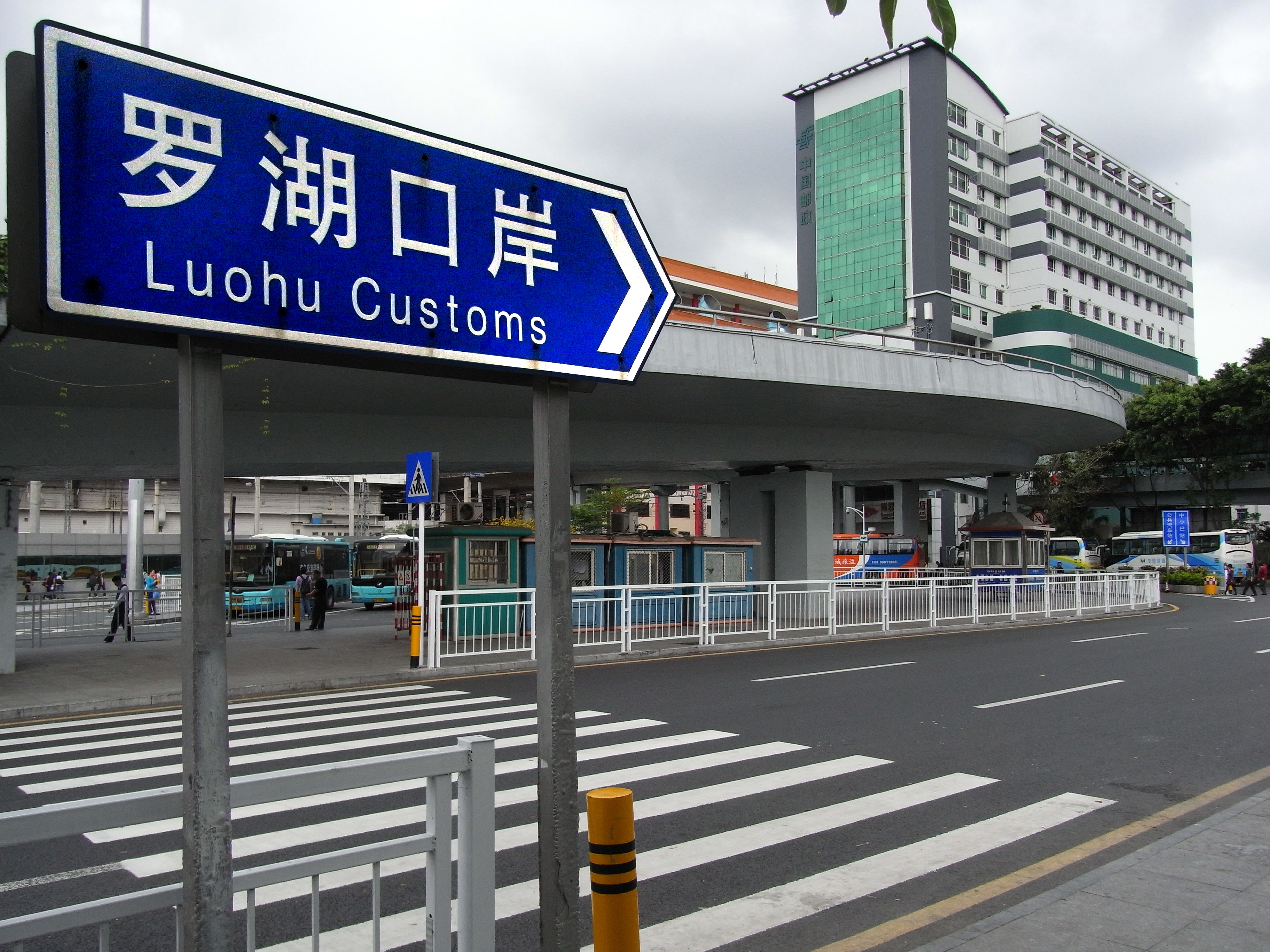The new 25 percent duties introduced by the US and China affect imports of goods worth $ 16 billion for each side. American duties cover 279 items, including semiconductors, various types of plastic and chemicals, railway equipment, goods that fall under the program "made in China 2025" (it is aimed at supporting high-tech industries in China). Response restrictions apply to 333 items, including cars, jet fuel, spare parts, medical equipment, various types of coal and gas.
Recall that the first portion of restrictions was introduced by these countries on July 6, when the duties on deliveries from China to 818 positions totaled $ 34 billion. Beijing then imposed similar restrictions on 545 positions for a comparable amount. Now, the US Department of Commerce, on behalf of Donald Trump, has prepared a list for another $ 200 billion. In return, China submitted a list of $ 60 billion, including agro products, manufactured goods and liquefied gas. With respect to 2,493 items of goods, tariffs can be increased to 25%, for 1078 positions to 20%, for 974 to 10%, for 662 to 5%.
Note that the announcement of a new round of tariff increases was not prevented by the beginning of negotiations between US representatives and the Chinese delegation, which is now in Washington.
However, Donald Trump said on Monday that he does not expect much at the end of the meeting, as "China has been in a privileged position for too long and it spoiled them". At the same time, the US president reiterated that the PRC was manipulating the renminbi rate in order to compensate for the costs of duties, and expressed dissatisfaction with the rapid increase in the rates of the US Federal Reserve. In fact, strengthening of the dollar, as well as the risks of trade wars, lead to market weakening of the yuan, The Central Bank of the country mitigates the depreciation in order to avoid a new wave of massive outflow of capital.
Meanwhile, participants in the open market committee of the Fed point to the growing risks of trade wars. Judging by the transcript of the last meeting of the regulator, held on August 1-2, they noted that in the case of "a large-scale and long-running trade dispute, there will be negative consequences for business activity, investment expenditures and employment." In addition to supply chain disruption, such disagreements can become a trigger for a "significant decline" in emerging economies. However, as noted in the Peterson Institute for International Economics, most of the US duties affect intermediate goods and equipment, in whose imports American companies were actually interested.
source: reuters.com
Recall that the first portion of restrictions was introduced by these countries on July 6, when the duties on deliveries from China to 818 positions totaled $ 34 billion. Beijing then imposed similar restrictions on 545 positions for a comparable amount. Now, the US Department of Commerce, on behalf of Donald Trump, has prepared a list for another $ 200 billion. In return, China submitted a list of $ 60 billion, including agro products, manufactured goods and liquefied gas. With respect to 2,493 items of goods, tariffs can be increased to 25%, for 1078 positions to 20%, for 974 to 10%, for 662 to 5%.
Note that the announcement of a new round of tariff increases was not prevented by the beginning of negotiations between US representatives and the Chinese delegation, which is now in Washington.
However, Donald Trump said on Monday that he does not expect much at the end of the meeting, as "China has been in a privileged position for too long and it spoiled them". At the same time, the US president reiterated that the PRC was manipulating the renminbi rate in order to compensate for the costs of duties, and expressed dissatisfaction with the rapid increase in the rates of the US Federal Reserve. In fact, strengthening of the dollar, as well as the risks of trade wars, lead to market weakening of the yuan, The Central Bank of the country mitigates the depreciation in order to avoid a new wave of massive outflow of capital.
Meanwhile, participants in the open market committee of the Fed point to the growing risks of trade wars. Judging by the transcript of the last meeting of the regulator, held on August 1-2, they noted that in the case of "a large-scale and long-running trade dispute, there will be negative consequences for business activity, investment expenditures and employment." In addition to supply chain disruption, such disagreements can become a trigger for a "significant decline" in emerging economies. However, as noted in the Peterson Institute for International Economics, most of the US duties affect intermediate goods and equipment, in whose imports American companies were actually interested.
source: reuters.com





